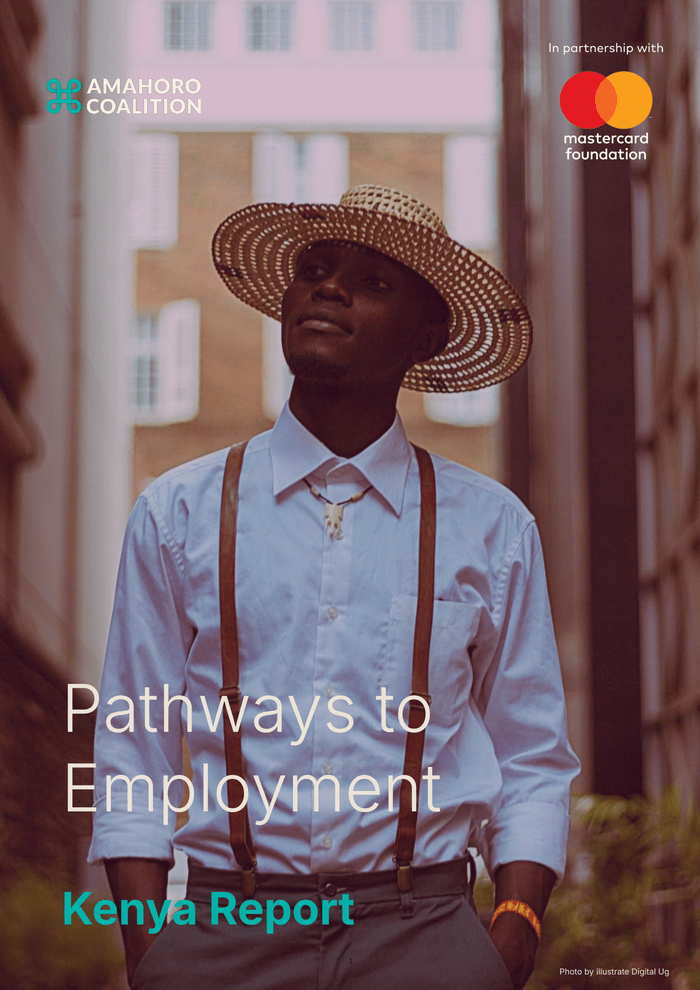Executive Summary
● The new legal framework in Kenya, the Refugee Act of 2021, explicitly provides grounds for refugees to access gainful employment. According to section 284,5, “a recognized refugee shall have the right to engage individually or in a group, in gainful employment or enterprise or to practise a profession or trade where he holds qualifications recognized by the authorities in Kenya.ˮ
● Although there is no mention of work permit requirements in the 2021 Act and the subsequent 2024 Regulations, refugees wishing to engage in gainful employment or a particular occupation, trade, business or profession are required to apply for a Class M work permit to comply with the guidelines set out in the Kenya Citizenship and Immigration Act 2011/2012. Unlike other foreigners who only have to deal with one government institution (the Directorate of Immigration Services), refugees have to deal with both the Directorate of Immigration Services and the DRS, adding a layer of bureaucracy and complexity for refugees to access the Class M permit.
● Although the legal framework enables refugees to access employment opportunities, restrictions on their freedom of movement limit their access to these rights. This is particularly true for refugees living in camps, who cannot easily move to urban areas where employment opportunities are more prevalent. Similarly, although the law permits refugees to access formal employment, requiring a work permit, the process for obtaining one can be difficult and unclear in some cases.
● Refugees are required to obtain a recommendation from an employer justifying the hiring of a refugee over a Kenyan citizen. This is because non-Kenyans are not permitted to undertake roles that Kenyan citizens are capable of performing. This requirement is not only unlikely to be met in most cases, but it is also exclusionary. It reinforces the perception that refugees are not meant to have permanent access to formal employment. This perception is further reinforced by the fact that the Class M permit is only valid for two years and is difficult to renew.
● Although applying for a Class M work permit is free, refugees face significant costs throughout the process.
● It is difficult to determine how many refugees actually receive work permits, especially in urban areas where refugees are expected to be more independent. This lack of data makes programming and advocacy efforts challenging.
● The private sector is more receptive to the prospect of incorporating refugees into their supply chains as vendors or business clients, rather than having them as employees. The lack of clarity between the different government organisations about which document is issued at which particular time may discourage employers interested in hiring refugees.

